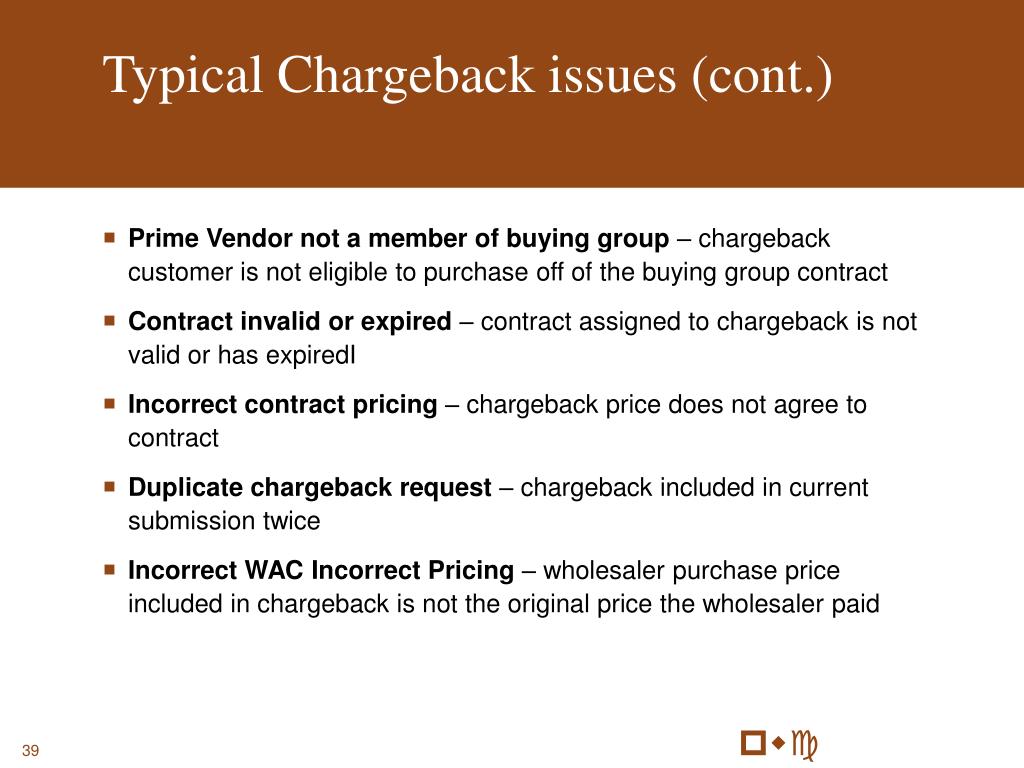

For merchants, this would mean an opportunity to accept the chargeback before further fees and final judgments apply. Remember, the pre-arbitration (or dispute response) stage is a “last chance” to resolve the issue before moving on to the arbitration stage. Certain conditions apply, and Visa only allows a 30-day timeframe (individual acquirers typically set even tighter deadlines).īroken down, it would look something like this:Ĭan Merchants Fight Back Against Arbitration Cases?Īt this stage, your only option is to either proceed to card network arbitration, or accept the losses from the initial chargeback. If Visa rules in favor of the cardholder, acquirers and merchants have a limited ability to challenge. Pre-Arbitration Chargebacks in the Allocation Workflow There’s an “Allocation” track for fraud and authorization issues, and a “Collaboration” track for consumer and processing errors. Since implementing Visa Claims Resolution rules, all Visa disputes are divided into one of two workflows. Most obviously, they refer to this step as the pre-arbitration stage, or dispute response, rather than the arbitration chargeback stage. Visa does things a little differently from Mastercard. They have the right to do this until the case decision is finalized. The issuer, by the way, can respond to any new information you provide at any time.

So, if you have 45 days to respond to an arbitration case, you can count on having 20-22 days to get documentation and evidence to the acquirer. They do this because they need time to review everything and get it to Mastercard before the deadline. This is somewhat misleading since your acquiring bank will probably have a more stringent timeline.Įach acquirer is different, but your response time is typically 50-65% of the card scheme's limit. In the case of an arbitration chargeback, though, the issuer must file within 45 calendar days of the second presentment settlement date. A few reason codes allow for shorter timeframes. For example, most cardholders can only file a chargeback within 120 calendar days of the initial transaction. Specific time limits are associated with every aspect of the chargeback process. Section A | Mastercard Arbitration Time Limits Your best bet is to carefully review Mastercard’s policies and regularly check for updated regulations, so you're always aware of the latest requirements. You never really know when a second presentment will turn into an arbitration case filing. Mastercard’s chargeback process is constantly evolving. We'll start with Mastercard's process, which can be divided into four main stages leading up to arbitration: Mastercard Chargeback Arbitration Processīefore we focus on arbitration, let's review the steps that lead up to it. With that in mind, here are some things you should expect from the arbitration chargeback process, based on the card brand. The specific steps, time frames, and terminology are different, though.

Mastercard and Visa have similar regulations regarding the chargeback arbitration process. If you have strong evidence to support your case, though, it could be well-worth the trouble. To them, it’s better just to take the chargeback than risk losing even more. Many merchants choose not to go into arbitration because of the added fees, time, and potential penalties if you lose your arbitration case. You have two options at this point: either accept the arbitration case, or appeal to an arbitrator from the card network to take another look. For a Visa transaction, this is called a pre-arbitration. If the evidence isn’t strong enough, the cardholder’s issuing bank might reject your case. The cardholder makes an allegation (the chargeback), then you provide evidence in response to counter that allegation. The chargeback arbitration process works just like litigation in the legal system. Disputes that require arbitration will rarely go well for you as a merchant, though. Most disputes get settled before they reach the arbitration phase. So, a representative of the card scheme is asked to intervene and make a judgment.

The difference is that, in the payments industry, it's the card network who makes a decision, rather than a jury or a judge.īy this stage, the parties involved-the bank, cardholder, or the merchant-cannot resolve a dispute on their own. Visa uses the term "pre-arbitration" for this response.Īs with a legal case, arbitration happens when two parties can't resolve a dispute and need an independent arbiter. In this case, the cardholder submits further evidence to convince Mastercard to intercede and resolve the chargeback. This is filed after a merchant already won their representment and was granted a return from the original transaction. A chargeback arbitration case filing is Mastercard’s term for a response to a chargeback.


 0 kommentar(er)
0 kommentar(er)
